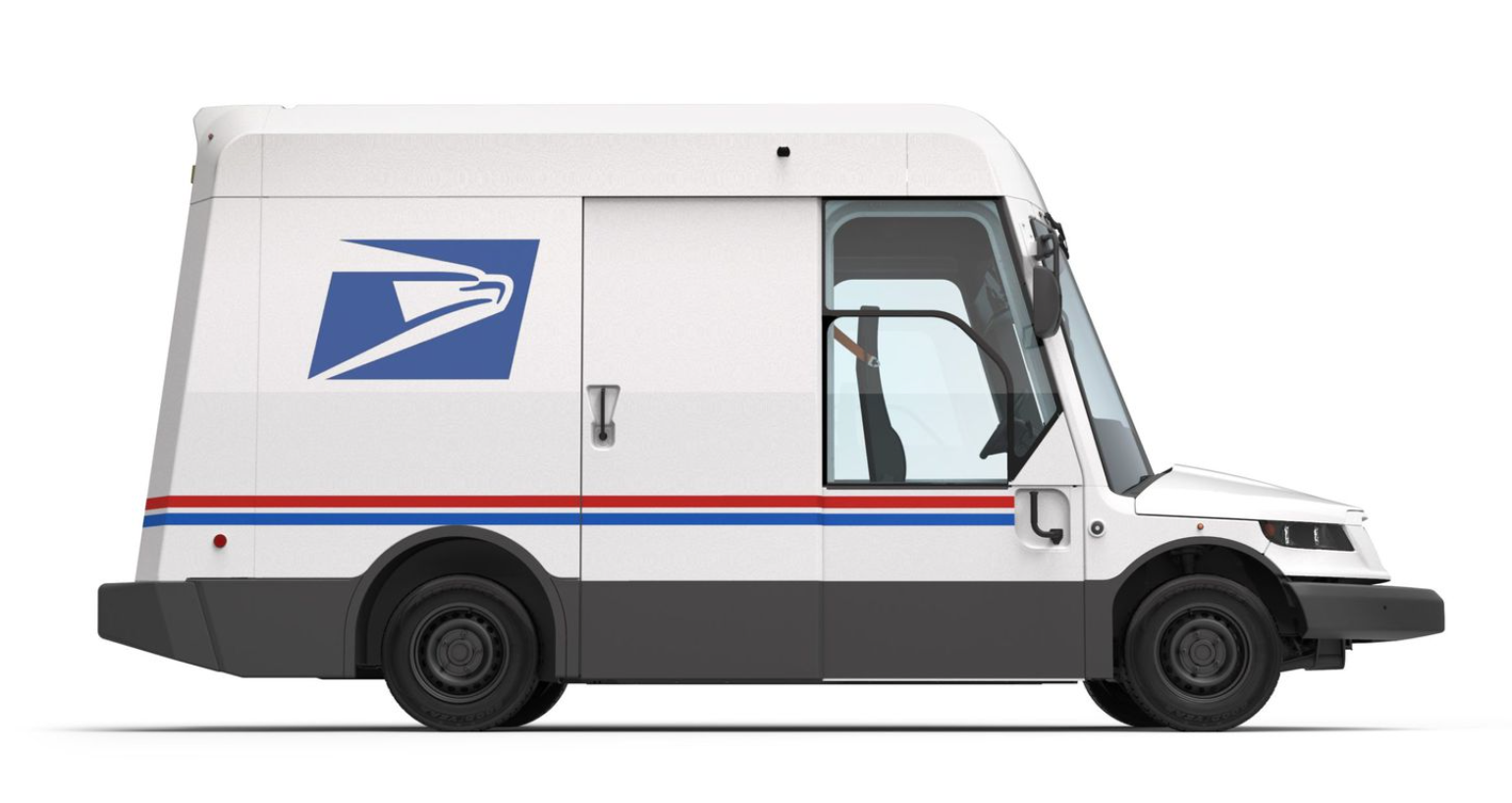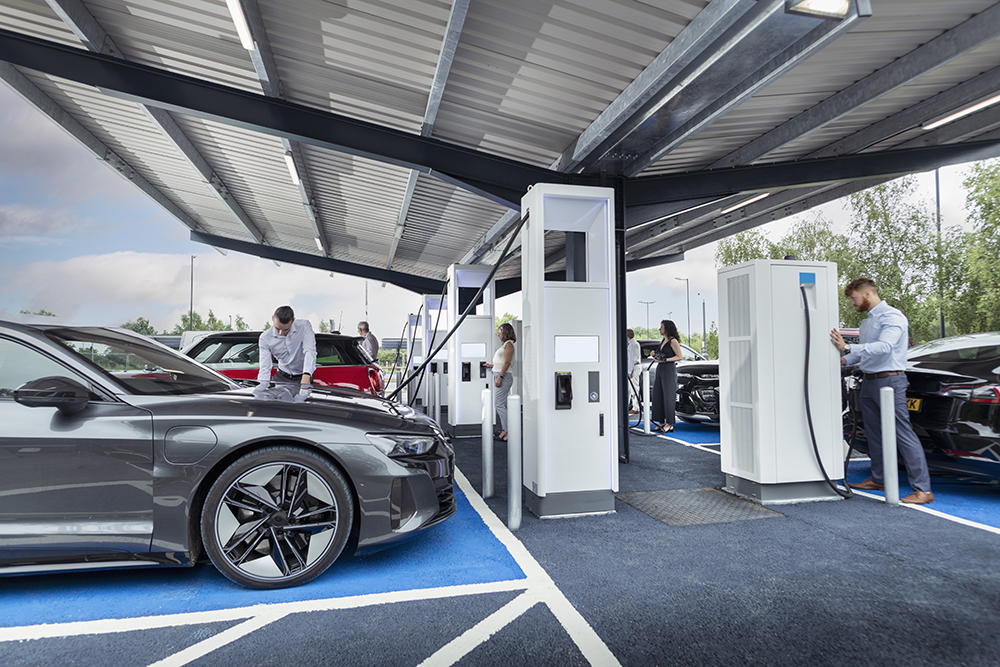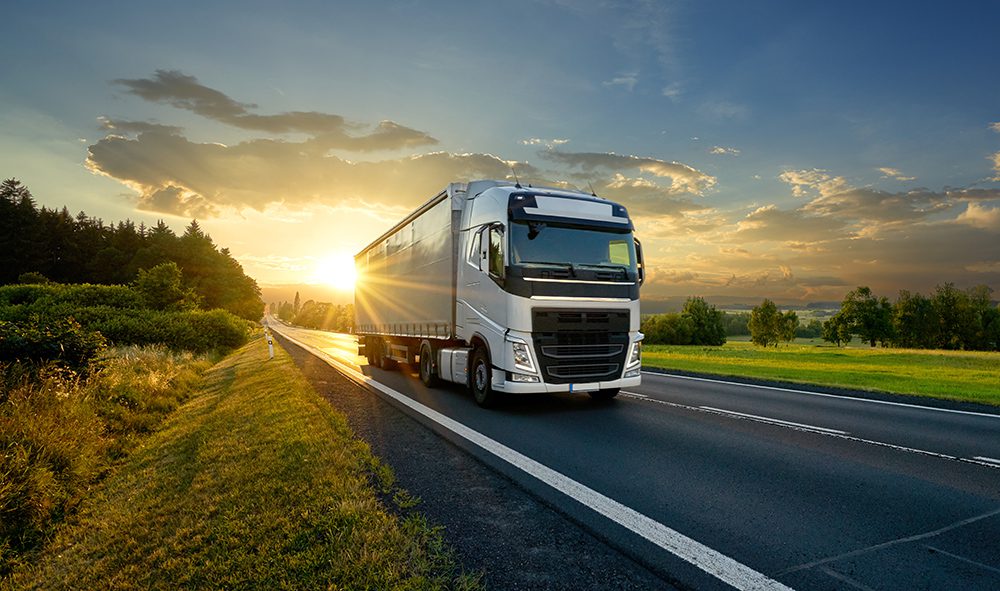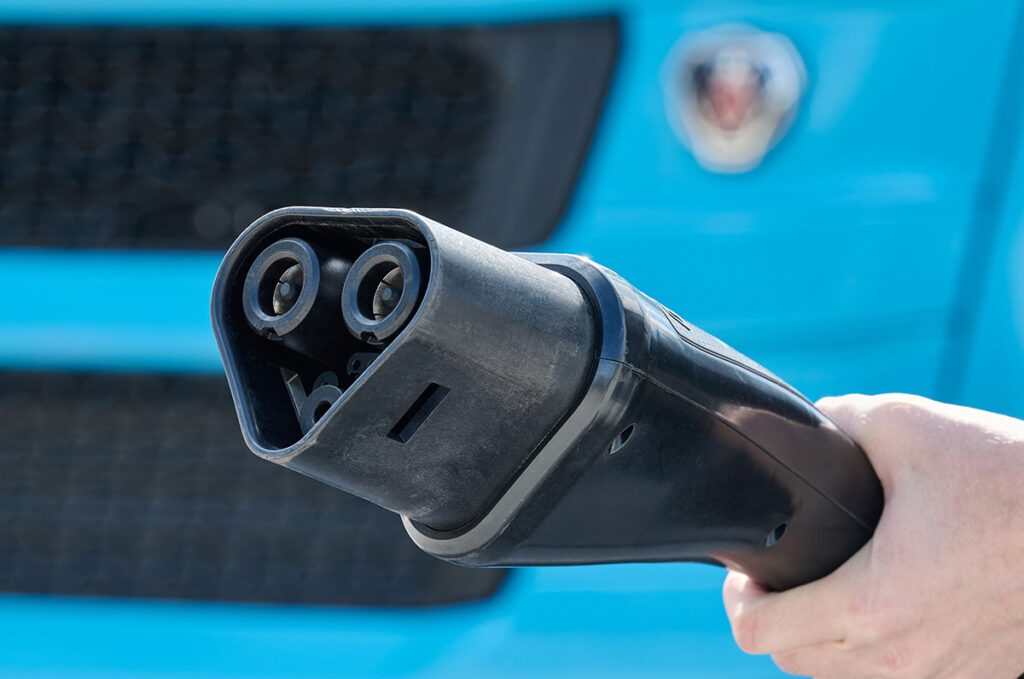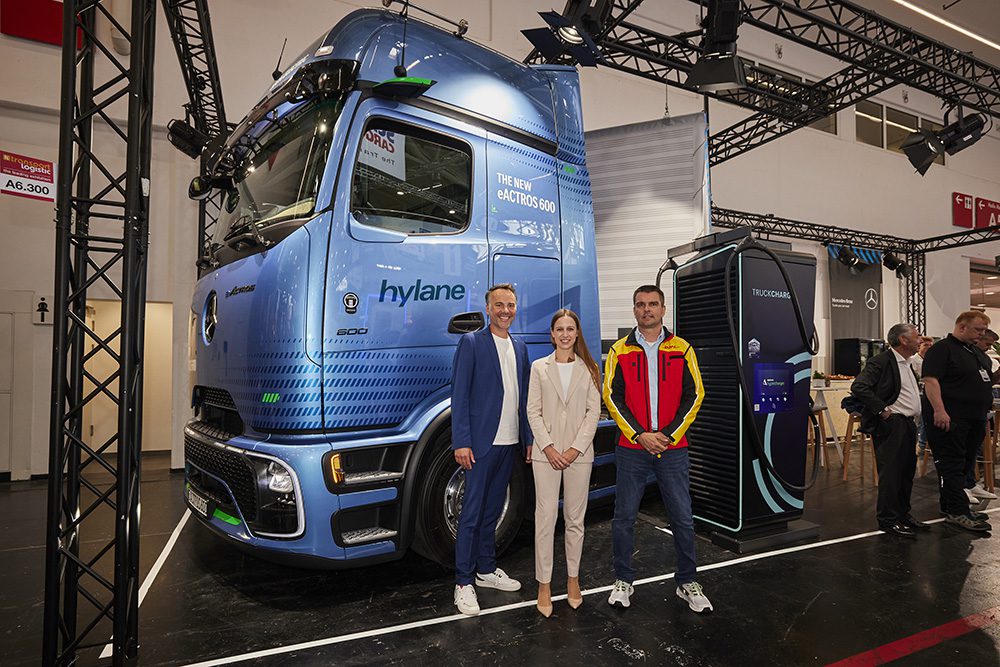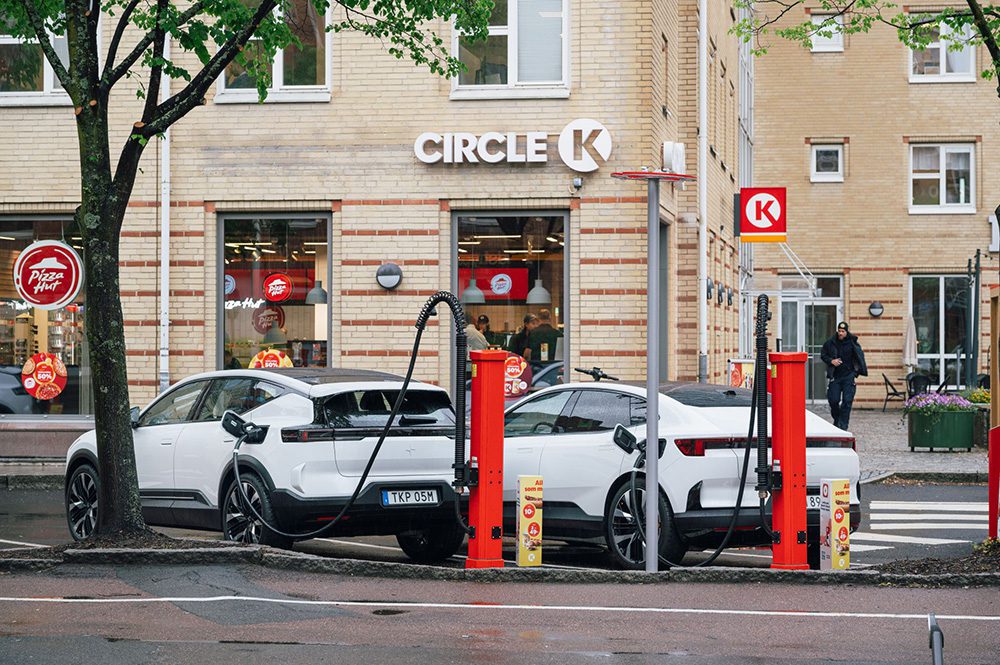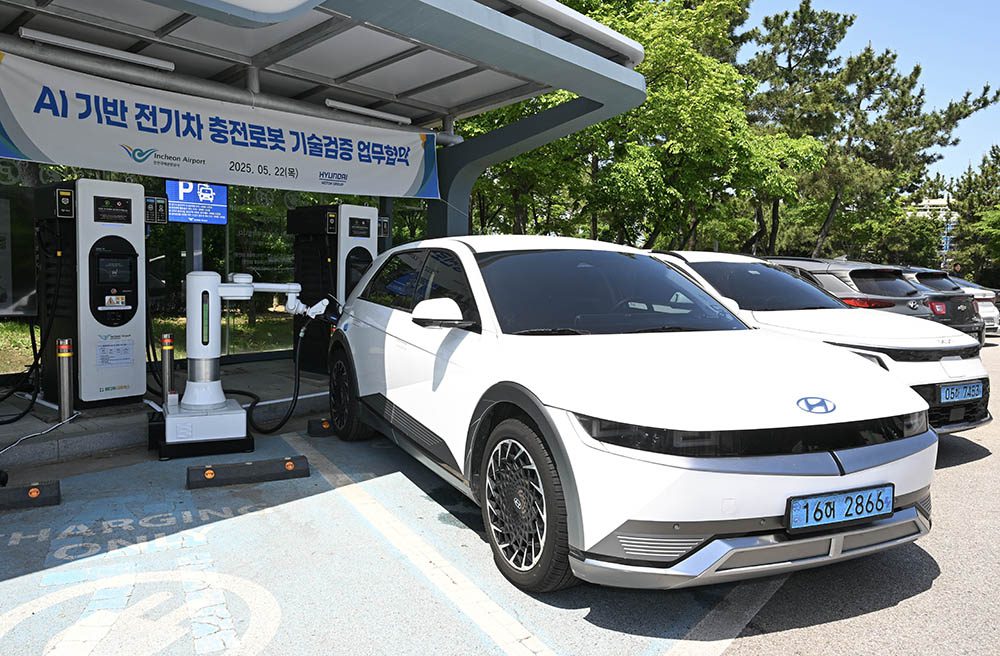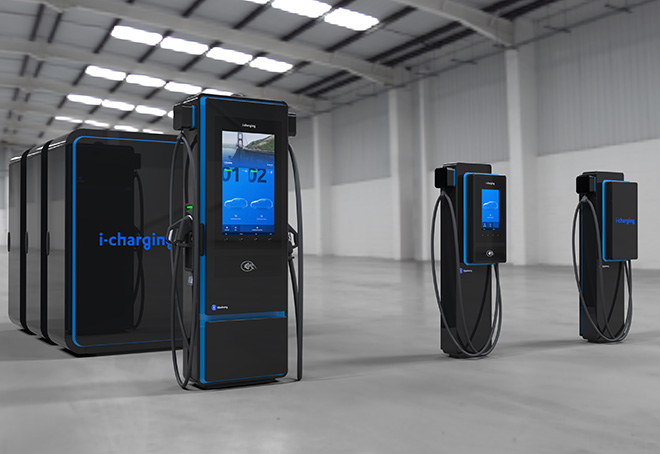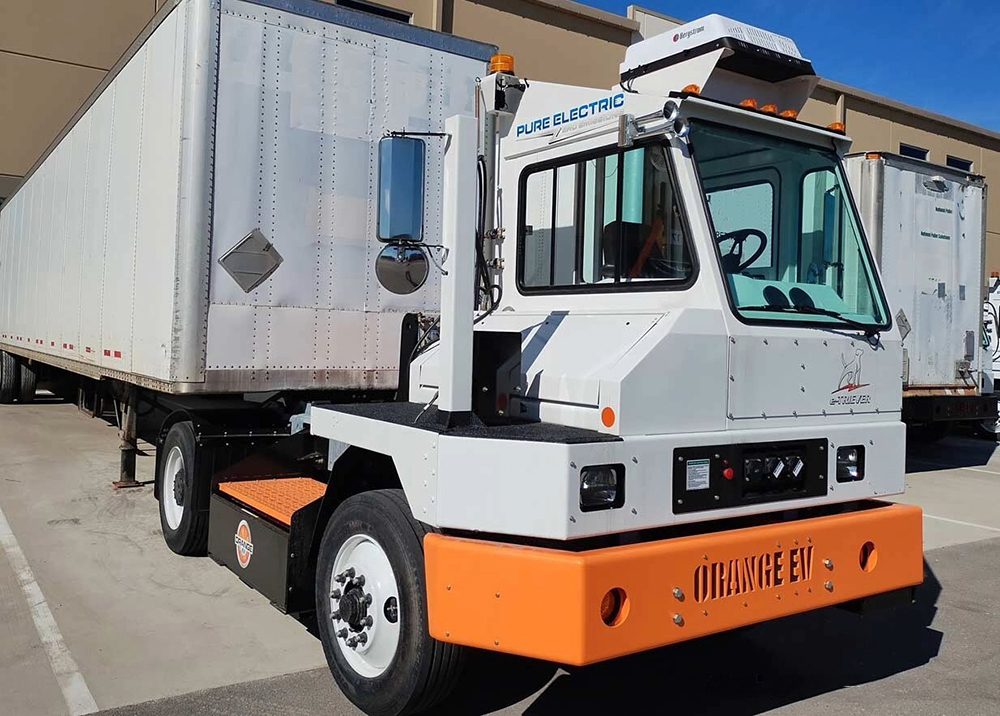In the latest episode of “As the Postal Service Turns,” the future is looking a little greener. Postmaster General Louis DeJoy now says that the USPS is open to electrifying its fleet as long as Congress provides adequate funding.
The saga so far: The postal service has been deliberating for a decade over plans to modernize its fleet of delivery vehicles, some of which are over 30 years old. These vehicles present a perfect use case for electrification, and EV specialist Workhorse was widely expected to win the contract. However, in February 2021, the USPS announced that Oshkosh Defense would be building the new delivery vehicle, and that only 10% of the next-generation fleet would consist of EVs.
The decision seemed like a political poke in the eye of President Biden, who, just a few days earlier, had called for the federal government to fully electrify its vehicle fleet. Postmaster General Louis DeJoy is an ardent supporter of former president Trump, and dozens of members of Congress have since demanded that he be fired. However, only the USPS Board of Governors has the authority to do so.
In November 2021, President Biden nominated Dan Tangherlini and Derek Kan to the Board of Governors. The Hill called the two “accomplished public servants,” but noted that Kan is a Republican who worked in the Trump administration, and that “at least two of Biden’s other confirmed nominees have shown no inclination to remove DeJoy.” “President Biden has sent a clear message to progressives regarding the USPS: major change is out, and Trump fundraiser Louis DeJoy can stay as postmaster general for the next few years,” The Hill wrote.
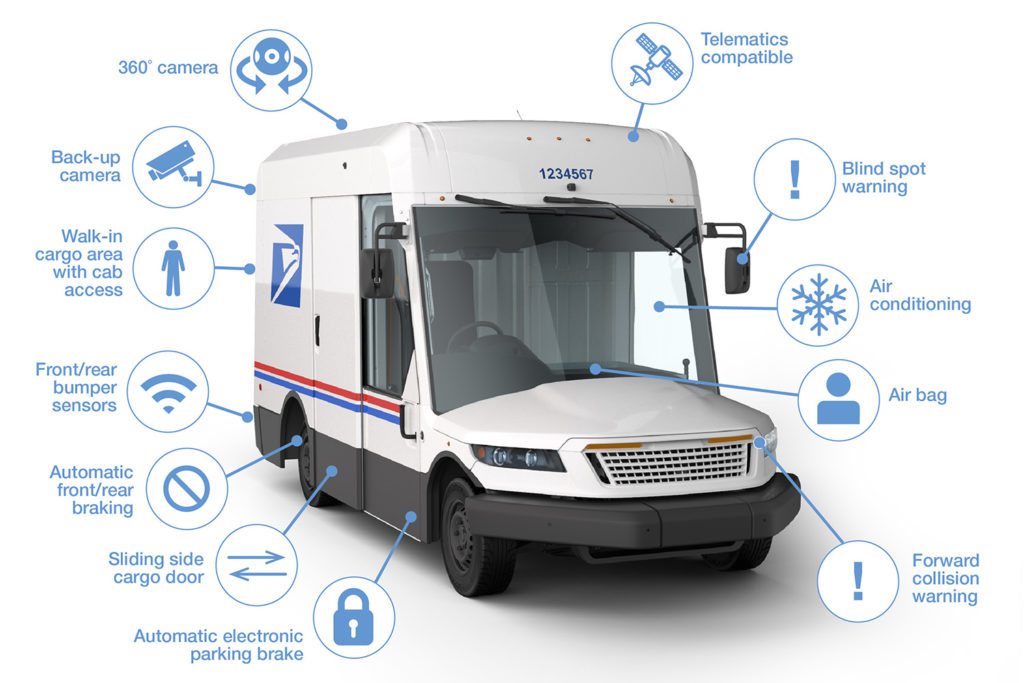
Just a few days ago, the EPA and the White House Council on Environmental Quality sent letters to the US Postal Service asking it to reconsider its plans to buy new gas-burners and to conduct a new, more thorough technical analysis. To EV advocates, this sounded like very weak tea, considering that the Postal Service had already rejected most of the moves the EPA was requesting, and that Mr. DeJoy’s position now seems secure. Environmental groups threatened to sue, and congressional Democrats spoke of stalling USPS funding.
However, in politics, nothing’s over ‘til it’s over, and a new statement from the USPS appears to offer the outline of a deal: DeJoy keeps his job, the Postal Service gets some much-needed debt relief from Congress, and Biden gets at least some of his EVs (until the Republicans retake Congress, says the eternal pessimist).
“Our commitment to an electric fleet remains ambitious given the pressing vehicle and safety needs of our aging fleet as well as our dire financial condition,” writes DeJoy in a statement released February 6. “The proposed action, which we are evaluating under the National Environmental Policy Act (NEPA), includes an initial order plan for 5,000 electric vehicles, and the flexibility to increase the number of electric vehicles introduced should additional funding become available. Absent such funding, we must make fiscally responsible decisions that result in the needed introduction of safer and environmentally cleaner vehicles for the men and women who deliver America’s mail.”
DeJoy has contended all along that his objection to EVs was a financial one. “When you’re an independent government entity running billion-dollar annual losses, and with a Congressional mandate to operate in a financially sustainable manner, we are compelled to act prudently in the interests of the American public. However, that responsibility should not be mistaken for an ambivalent commitment to operating a cleaner Postal vehicle fleet for our country,” he says. “Given our large fiscal deficits and significant financial challenges, Congress is well aware of the additional resources that would be required if Congress would prefer the Postal Service to accelerate the electrification of our delivery vehicle fleet as a matter of public policy.”
Contrary to popular belief, the Postal Service “generally receives no tax dollars for operating expenses and relies on the sale of postage, products and services to fund its operations.” It’s also subject to onerous requirements that no private company has to deal with, such as guaranteeing delivery on unprofitable routes, and pre-funding pension obligations. Whatever it costs to put the agency on a sound financial footing would probably be money wisely invested, considering the huge environmental benefits of electrifying the federal government’s largest vehicle fleet.
Sources: USPS, Washington Post, The Hill, Teslarati






